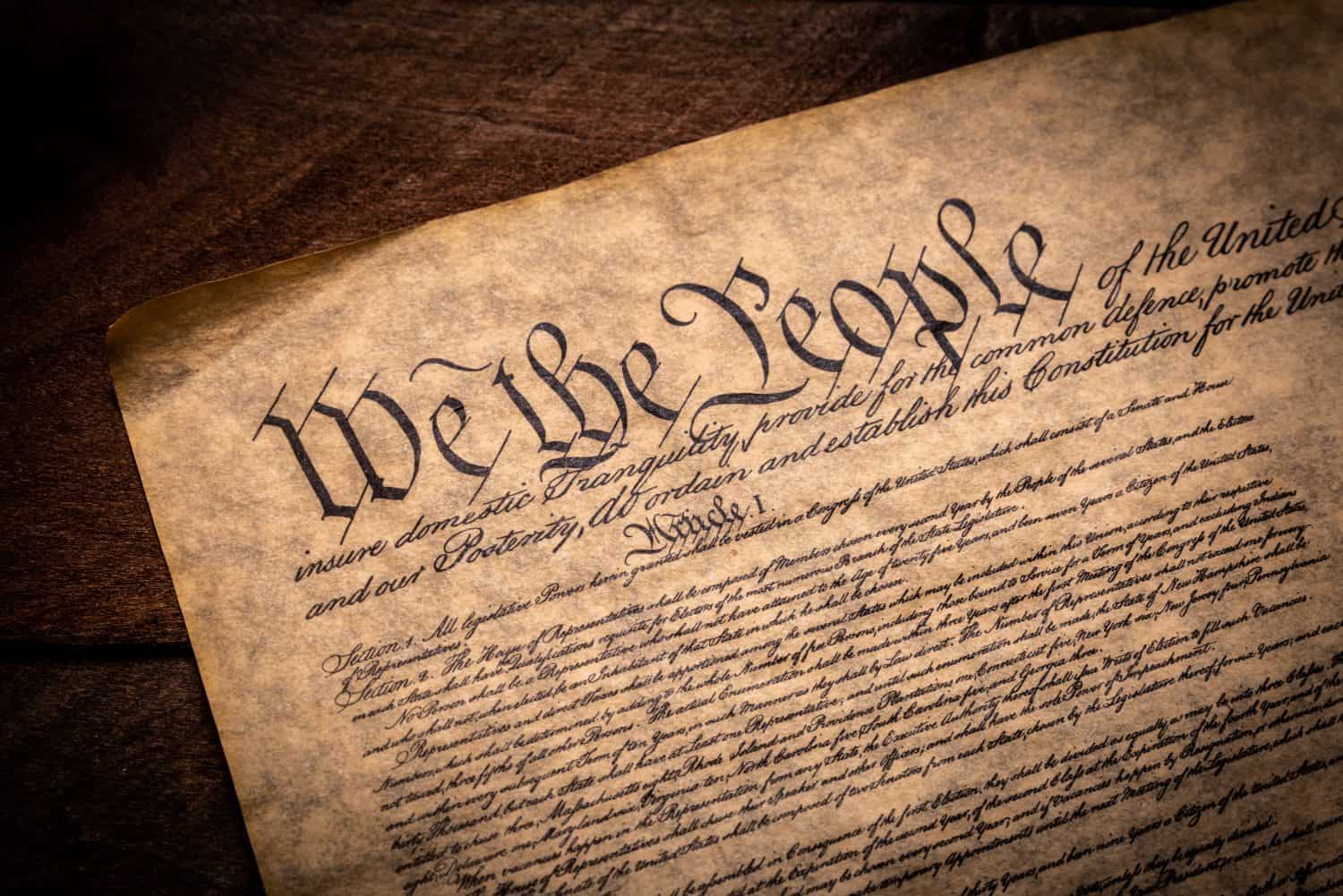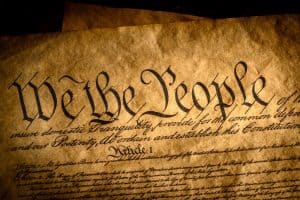When it comes to the most sacred documents in the United States, the Constitution sits at the very top. The main function of this document is its amendments, which provide U.S. citizens with certain inalienable rights that help make America great. Free speech, peaceful assembly, public trial, and even the right to vote are all guaranteed by this beloved document.
Because the Consitution is considered the “law of the land”, it should be no surprise that hundreds of amendment proposals have been brought before Congress. For the most part, many of these amendments fail to get out of committee for a variety of reasons. With this in mind, let’s look at 17 failed constitutional amendments.
Dueling Ban

©"Dueling pistols" by quinet is licensed under BY 2.0. - Original / License
First proposed in 1838, Congressman William Stephan of Virginia proposed an amendment that would outlaw duels in the U.S. This amendment came after one U.S. member killed another in a duel on February 23, 1838. While the amendment failed, dueling was outlawed in Washington D.C. in 1839.
United States of the Earth

©"City Lights of the United States 2012" by NASA Goddard Photo and Video is licensed under BY 2.0. - Original / License
Wisconsin Congressman Lucas Miller brought forth one of the more unique amendment proposals in 1893. Miller proposed an amendment to rename the country to the United States of the Earth. In addition, he wanted to abolish the Army and the Navy. As you can guess, the amendment failed.
Maximum Wage

©Kozak_photo/Shutterstock.com
One of the more precarious proposed amendments arrived in 1933 but was dead on arrival. Offered as a response to the Wall Street Crash, Kansas Representative Wesley Lloyd wanted action taken to avoid a repeat of income loss. Lloyd’s amendment would stop any American from accumulating more than $1 million in wealth.
Flag Desecration

©"Flag desecration" by simonov is licensed under BY-SA 2.0. - Original / License
One of the more controversial proposed amendments in recent years first began in 1995. Between 1995 and 2005, a flag desecration amendment was proposed every session to give Congress the power to make flag burning illegal. The House continuously passed, but unfortunately, it failed to pass the Senate.
Supreme Court Members
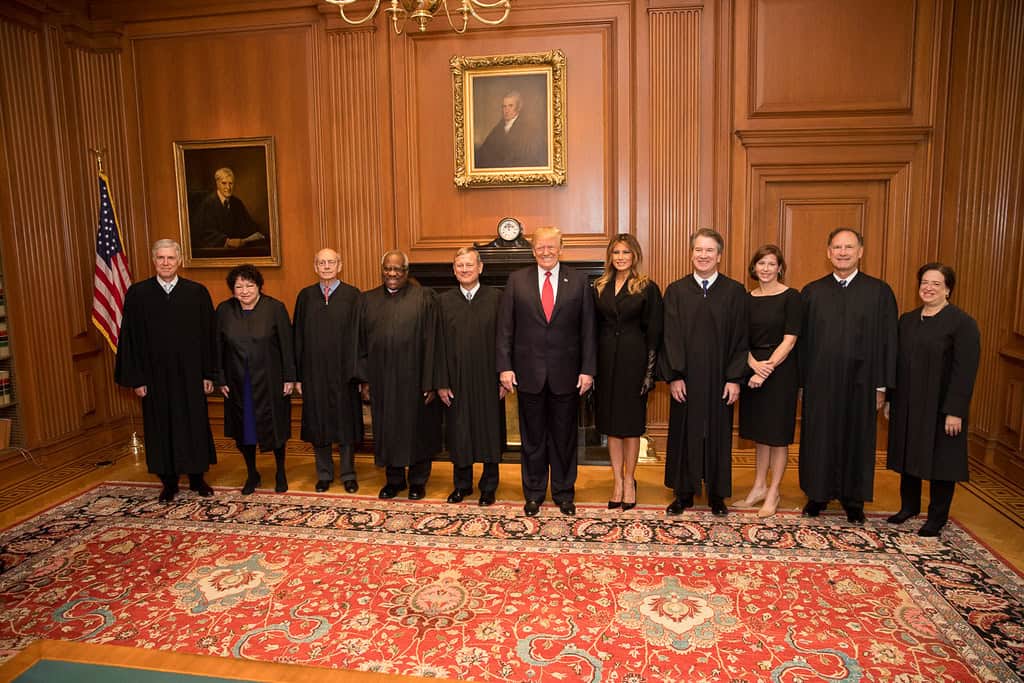
©"President Donald J. Trump and First Lady Melania Trump at the Supreme Court of the United States" by The White House is licensed under PDM 1.0. - Original / License
It might come as a surprise to many people to learn the Constitution doesn’t specify an exact number of Supreme Court justices. Two bills proposed during the 116th Congress both looked to add an amendment solidifying the justice count to 9 maximum members. Neither bill came before a full House vote.
Abolish the Senate
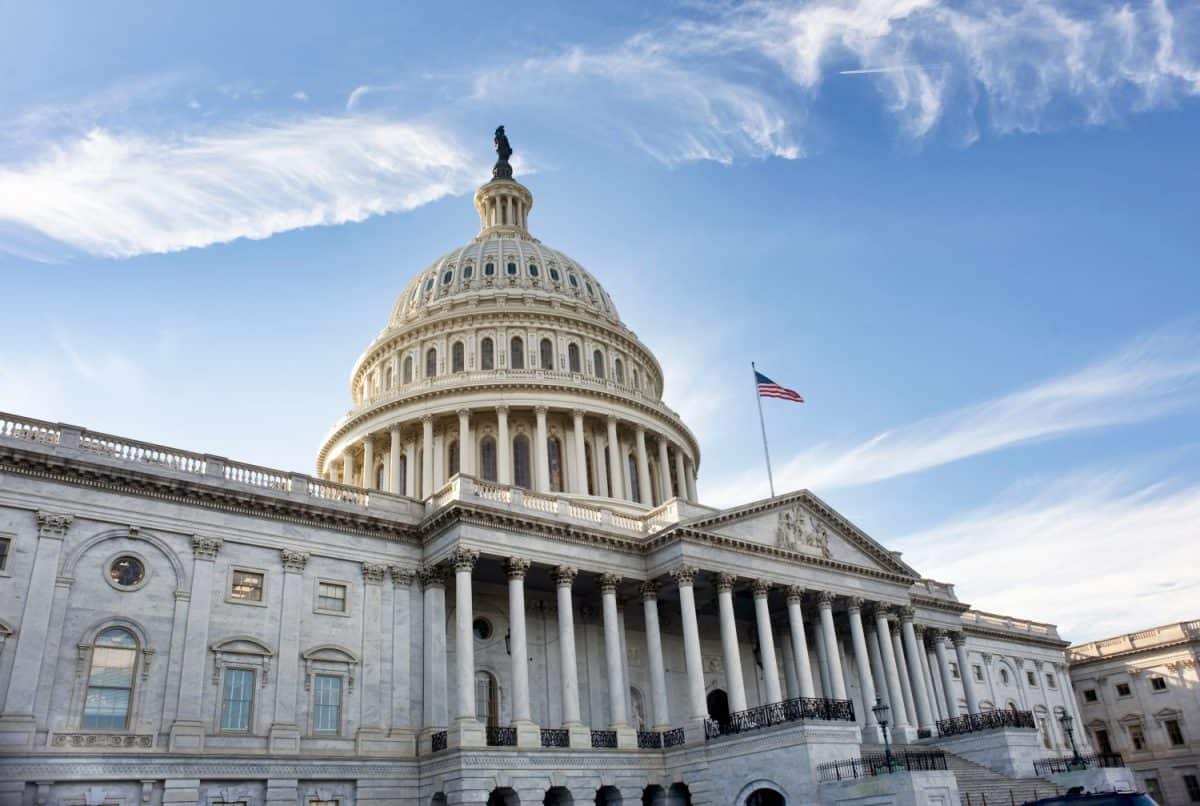
©W. Scott McGill/Shutterstock.com
U.S. House Representative Victor Berger proposed an amendment in 1911 to abolish the Senate. At the time, Senators were elected by state legislatures and Berger believed the Senate was “useless.” In an ironic turn of events, 1912 would see an amendment pass giving the states the ability to elect Senators by popular election.
Presidential Term Limits
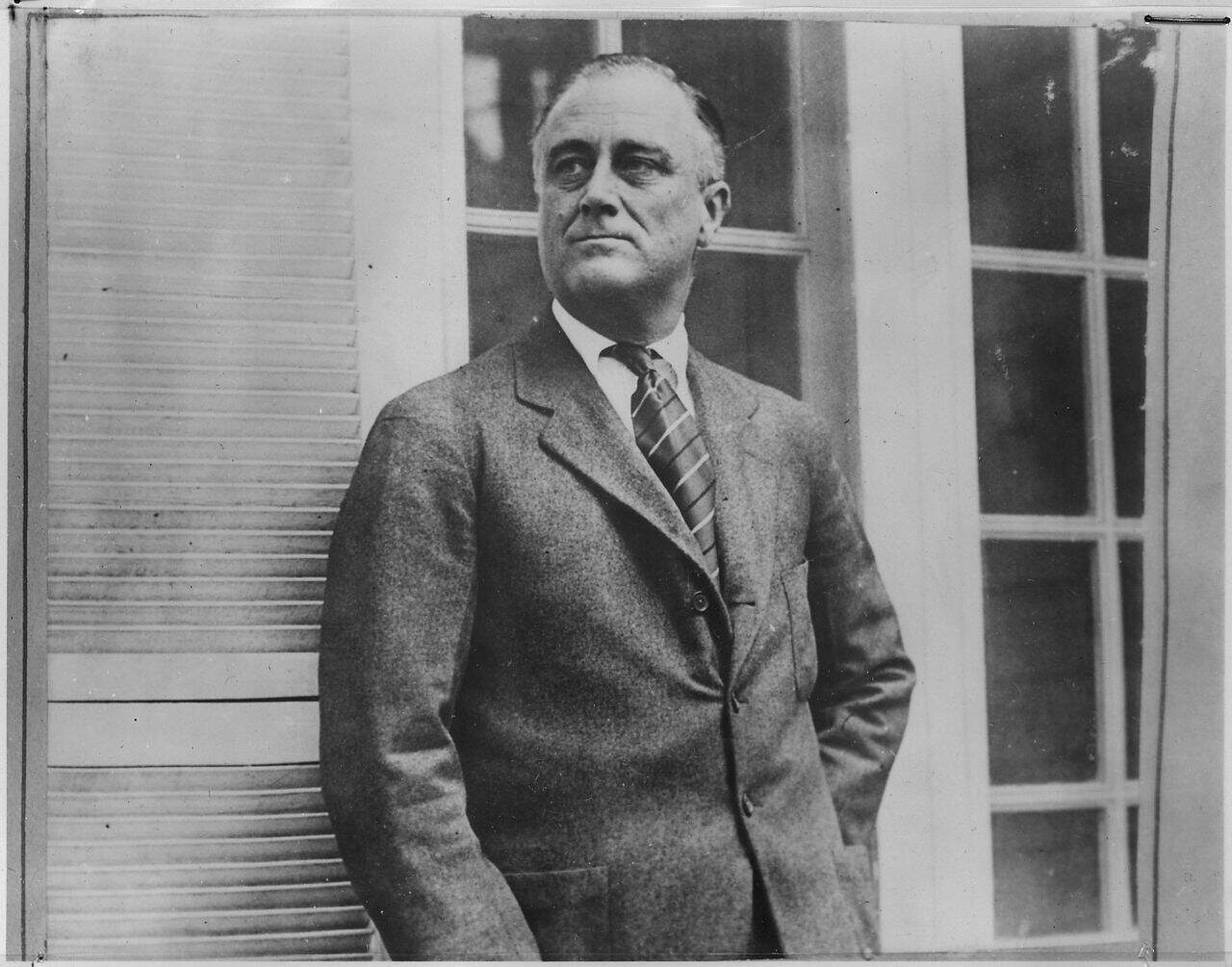
©National Archives and Records Administration / Public Domain - Original / License
Multiple failed efforts to repeal the 22nd Amendment setting Presidential term limits have been attempted since 1956. Over 54 proposed amendments have been introduced to repeal the term limit with support from Presidents Reagan, Clinton, and Trump in one form or another.
Bayh-Celler Amendment
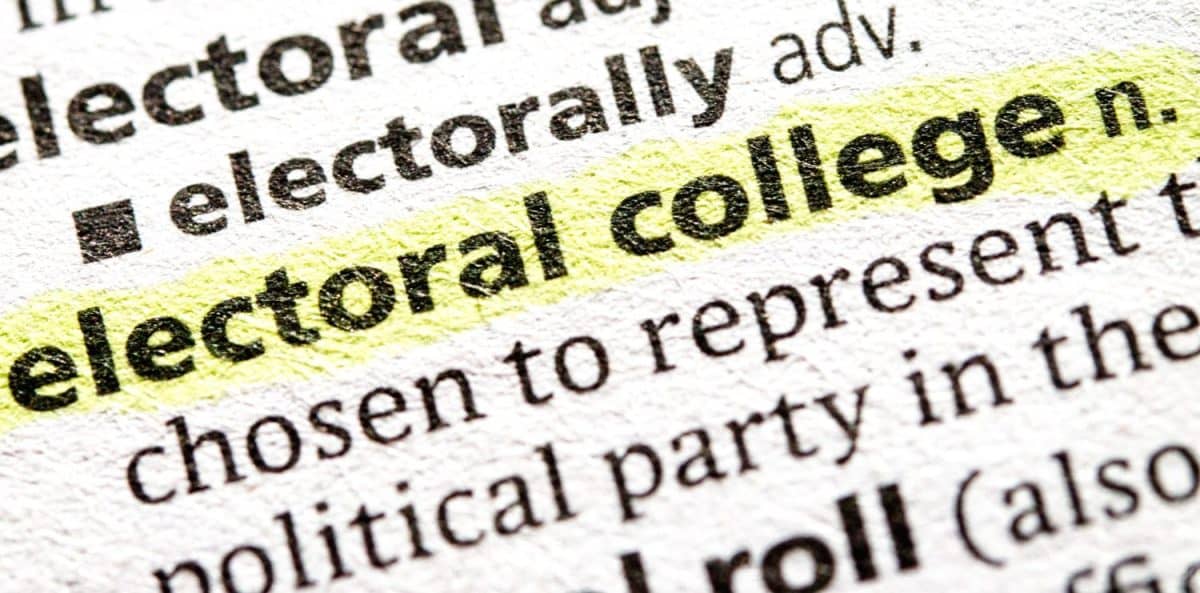
©frank333/Shutterstock.com
While this effort has gained momentum in recent years, the Bayh-Celler proposed amendment was the closest the U.S. has come to abolishing the Electoral College. First proposed in the 91st Congress in 1969, the House passed the proposal 339 to 70 indicating strong bipartisan support. It was quickly filibustered in the Senate where the effort died.
Blaine Amendment
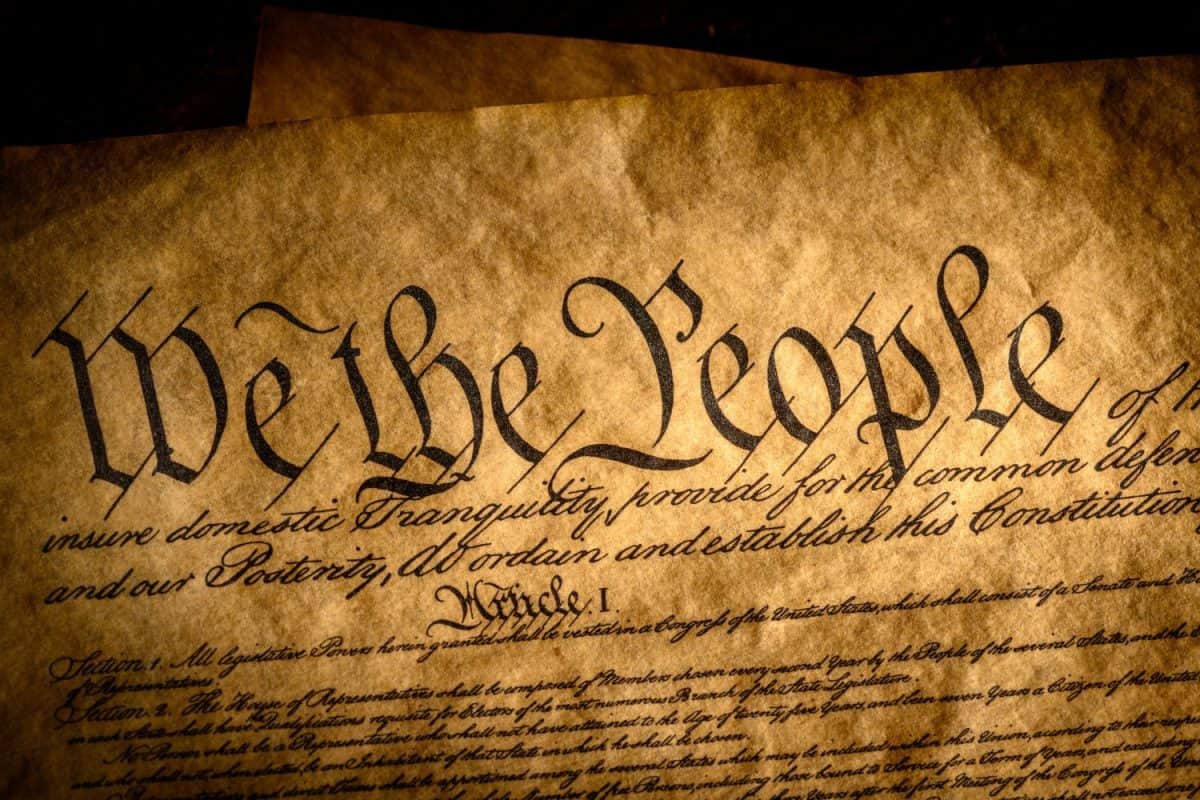
©Mike Flippo/Shutterstock.com
Introduced in 1875, the proposed amendment looked to ban any public funds from being used for religious purposes. While the amendment failed even with support from then President Ulysses S. Grant, many states have created provisions with similar language.
Human Life Amendment

©zimmytws/Shutterstock.com
First proposed in 1973, the Human Life Amendment was an effort to overturn the Roe v. Wade court ruling and outlaw abortion. In total, more than 330 Human Life Amendments have been proposed. With the ruling overturned by the Supreme Court in 2022 anyway, it’s unlikely the amendment will resurface.
Anti-Miscegenation

©Lipik Stock Media/Shutterstock.com
Proposed by Southern Demoract Seaborn Roddenbery in 1912, the proposed amendment would have banned interracial marriages nationwide. A previous attempt was tried in 1871, while another was introduced in 1928. Neither were passed by Congress, and any laws banning interracial marriage were ruled unconstitutional in the 1967 Loving v. Virginia decision.
Ludlow Amendment

©Michael O'Keene/Shutterstock.com
House Representative Louis Ludlow looked to capitalize on a period of increased American isolationism by introducing a new anti-war Amendment. This 1937 proposal would require a national referendum before the U.S. could declare war. Public support for the amendment was strong, at least until the events of Pearl Harbor.
School Prayer

©Freedom Studio/Shutterstock.com
Over multiple decades, Robert Bryd of West Virginia proposed an amendment in the Senate 8 times during his Senatorial career. A similar effort came forth in May 1997 and looked to establish the right to pray on public property, including schools. The vote failed in the House by 61 votes.
Single Subject Amendment

©create jobs 51/Shutterstock.com
A 1996 proposed amendment to the Constitution looked to limit the content of proposed Congressional bills. The goal of this amendment was for each bill to be focused on a single subject. The hope was that with this amendment, earmarks and “pork barrel” spending would be limited.
Equal Opportunity to Govern
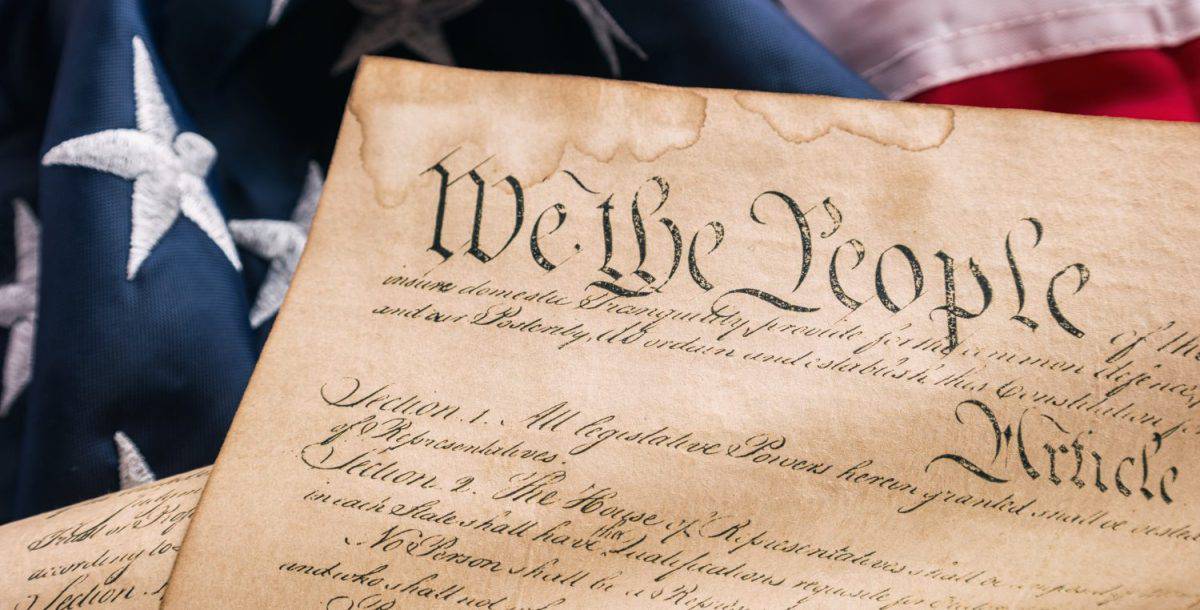
©r.classen/Shutterstock.com
Proposed by Senator Orrin Hatch of Utah in 2003, this amendment sought to repeal the Constitution’s “natural born citizen” clause as a requirement for the Presidency. While the amendment failed, it was largely seen as an attempt to make popular actor Arnold Schwarzenegger eligible for the Presidency.
Repeal the 21st

©Everett Collection/Shutterstock.com
It’s well known the 21st Amendment was established in response to the 18th Amendment banning alcohol sales. After the 21st Amendment ended prohibition, Representative Morris Shepard tried multiple times between 1935 and 1938 to repeal the 21st Amendment. Morris is well known as one of the champions of the 18th Amendment.
Bricker Amendment
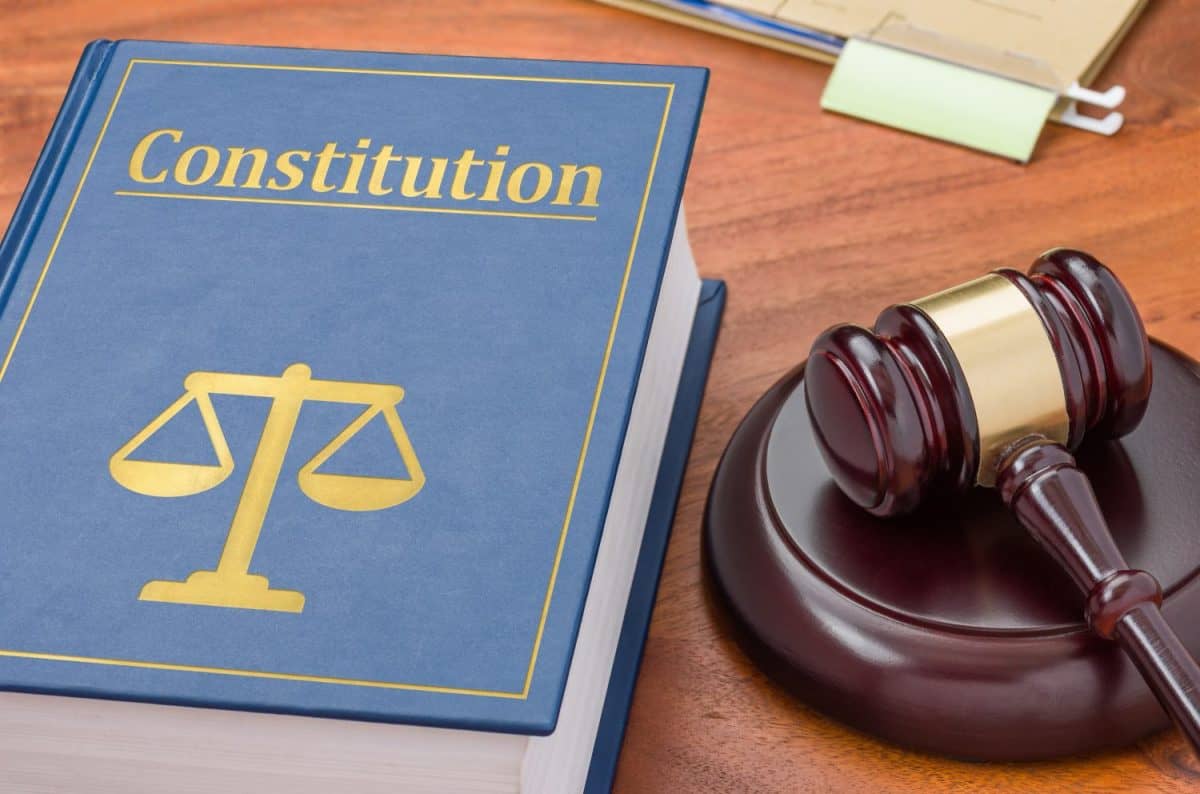
©Zerbor/Shutterstock.com
Brought forth by Ohio Senator John W. Bricker in 1951, the Bricker Amendment sought to limit the federal government’s treaty-making power to avoid violating the U.S. Constitution. The amendment was opposed by President Eisenhower and failed to move ahead in Congress.
The image featured at the top of this post is ©Janece Flippo/Shutterstock.com.
